Frederica Freyberg:
Deborah Kerr and Jill Underly will face off on in the general election that takes place on April 6. Tonight in the first of interviews we have with each candidate, we introduce you to Deb Kerr. Kerr has worked in parochial, charter, private and public schools, including 13 years as the superintendent of the Brown Deer School District. She is currently co-chair of the UW-Madison Task Force to Advance Teachers and Leaders in the Pipeline. Deborah Kerr joins us now from Caledonia. Thanks for being here.
Deborah Kerr:
Thank you so much.
Frederica Freyberg:
Right now as you know an important issue for Wisconsin schools is whether and how to reopen safely. What are you calling for?
Deborah Kerr:
I’m the only candidate to call for a statewide reentry back to school. We can do this sensibly and safely. The research has shown across the country that kids can come back to school and are not spreaders of the disease. I have proposed a statewide reentry and recovery plan that gets our elementary students into the schools first with proper protocols and our administrators and school boards have been planning for this since last spring. So they are ready and with the vaccinations coming up, I think we have an opportunity to do it safely and because our kids are not winning right now. Our kids are experiencing significant learning loss and because of this pandemic and we’re going to have a lot of work to do to recover.
Frederica Freyberg:
Governor Evers’ budget called for big increases in K-12 funding. What’s your response to his plan?
Deborah Kerr:
We are going to need significant funds and resources put in just the right places to support all of our schools. Every school district has different needs based upon the unique needs of their children and their community. But we are going to need extended funding because we might not be able to have a regular school year. We might need to extend learning through summer learning programs, programs on the weekends, possibly looking at a totally different way of educating our kids. We did learn that some kids are successful in this virtual learning, but we’ve got a lot of work to do to catch up.
Frederica Freyberg:
So you like his funding in his budget. Is that what you’re saying?
Deborah Kerr:
The schools need the funding. There’s a lot of additional resources because of the PPE, the staffing needs to put in protocols for cleaning and sanitation and just the spreading out of kids. If we are going to safely return to school, we need to make sure kids have masks, are socially distanced and our teachers are protected.
Frederica Freyberg:
The Evers’ budget also calls for caps on school choice enrollment and seeks to require private school choice teachers to have state licenses. As a supporter of voucher schools, what’s your response to that?
Deborah Kerr:
First of all, the state superintendent is responsible for serving all children and so all sectors of education are under my purview as the state superintendent. And so we need to continue to support all kids and make sure they have what they need. And so irregardless of what the governor has proposed, the Legislature is the group that makes those decisions and I believe that all kids need to be supported.
Frederica Freyberg:
And so you disfavor those kinds of caps?
Deborah Kerr:
It’s not my decision as the state superintendent. However, I do know that all kids have to be served. And some of those schools are doing very well. And so I propose one system of full accountability and transparency, making sure that we’re all accountable, especially when using taxpayer dollars.
Frederica Freyberg:
The governor would also roll back parts of Act 10 and allow for union collective bargaining and less restrictive union recertification. In your mind, would that help or hurt schools?
Deborah Kerr:
Well, to me, the Act 10 situation provided some relief in a temporary way. However, it’s about the relationships that you have with your teachers. So in Brown Deer, where I was the superintendent for the last 13 years, we treated our teachers with professionalism. We created the best work environments possible. Before we made any decisions, whether it’s on school calendar or changes in insurance, we always involved them in the process. I believe it just depends. The school board in Brown Deer never over-reached their governance in dealing with our teachers because we trusted them and they trusted us.
Frederica Freyberg:
Achievement gaps between students of color and white students are an enduring problem as you well know in Wisconsin. What would you do?
Deborah Kerr:
First of all, Wisconsin has the largest achievement gaps in the country and we have been on that list for the last ten years. That’s reprehensible and unacceptable. We need to have a laser focus on literacy and math. But my team has prepared a literacy roadmap that will get kids on the right path for learning how to read with more growth and achievement within the first year. The important part of this plan is we have 400 different ways of teaching reading right now in our state. We need to have alignment in terms of curriculum, the assessments needed to measure growth and to get the outcomes we expect for all kids.
Frederica Freyberg:
You have said that you’ve been immersed in equity, diversity and inclusion for your entire professional career. I want to ask you now about a racially-insensitive tweet you posted this week that made headlines. What would you like to say about that?
Deborah Kerr:
First of all, being an educator is a calling and I continue to be called into this work. I do have a record of action as it relates to protecting all students of color. I have a reputation for speaking my truth at Brown Deer, especially where I was the superintendent. And I also encourage my students to speak their truth. So after hearing from students and witnessing a lot of racist acts against my students when I was superintendent, I set up a call to action. Enough was enough and I worked to develop a multi-sequenced approach to fight racism in our school. So I asked my school leaders to join me and work collaboratively to eliminate these disparities. But this is a conversation that needs to happen all across the state and all across our country.
Frederica Freyberg:
We need to leave it there. Deborah Kerr, thanks very much.
Deborah Kerr:
Thank you very much, Frederica.
Search Episodes

Donate to sign up. Activate and sign in to Passport. It's that easy to help PBS Wisconsin serve your community through media that educates, inspires, and entertains.
Make your membership gift today
Only for new users: Activate Passport using your code or email address
Already a member?
Look up my account
Need some help? Go to FAQ or visit PBS Passport Help
Need help accessing PBS Wisconsin anywhere?

Online Access | Platform & Device Access | Cable or Satellite Access | Over-The-Air Access
Visit Access Guide
Need help accessing PBS Wisconsin anywhere?

Visit Our
Live TV Access Guide
Online AccessPlatform & Device Access
Cable or Satellite Access
Over-The-Air Access
Visit Access Guide
 Passport
Passport


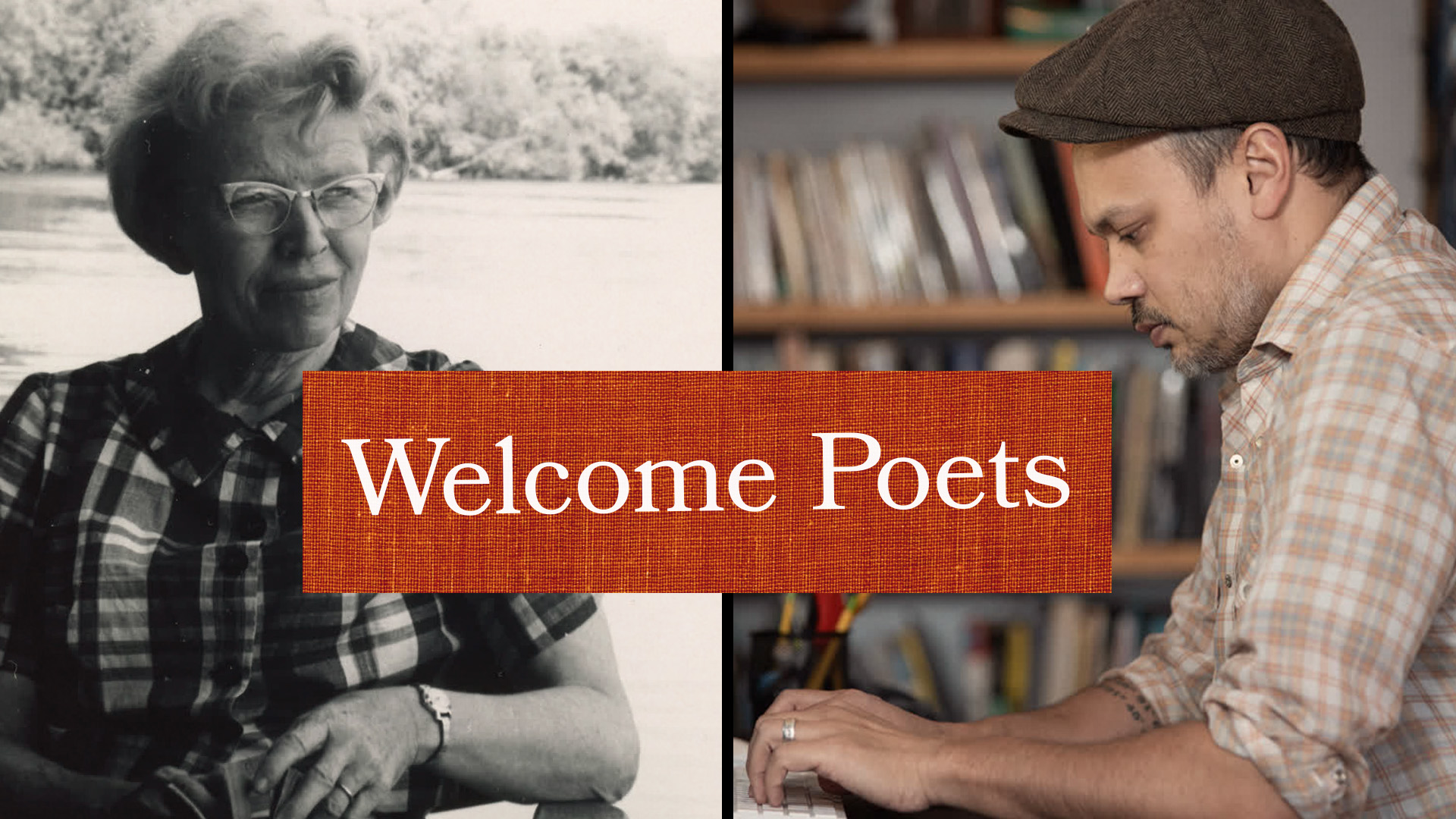
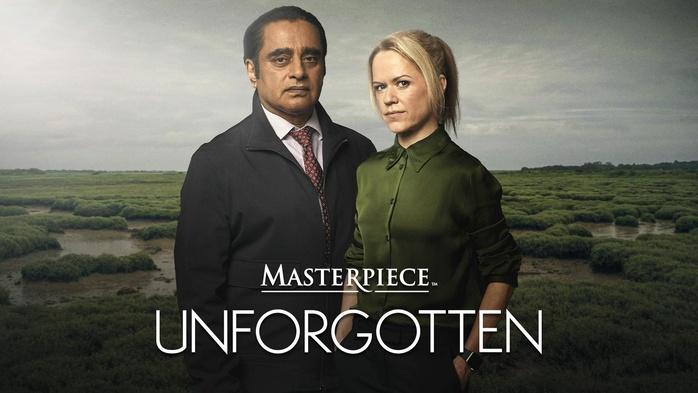

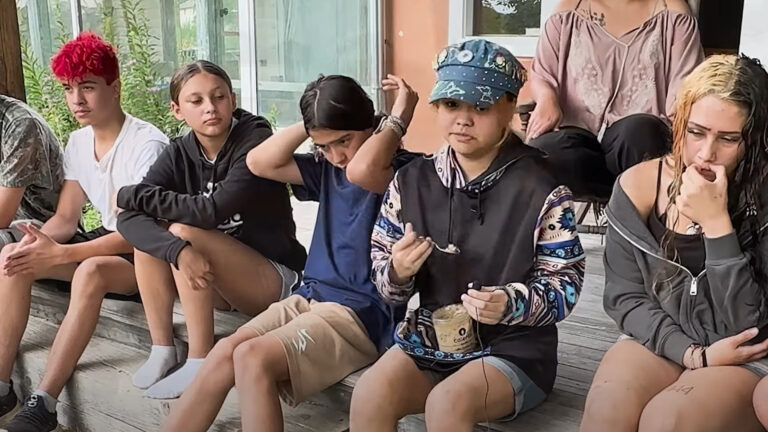
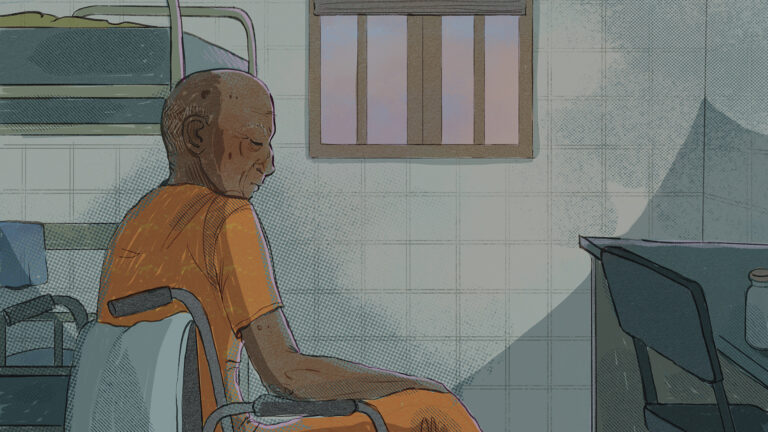
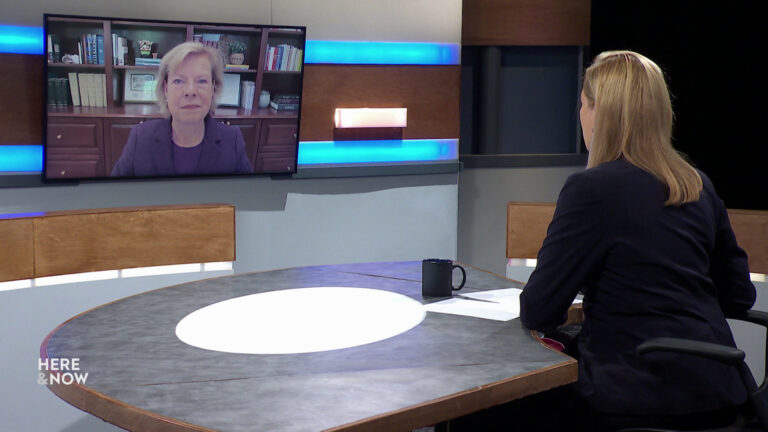
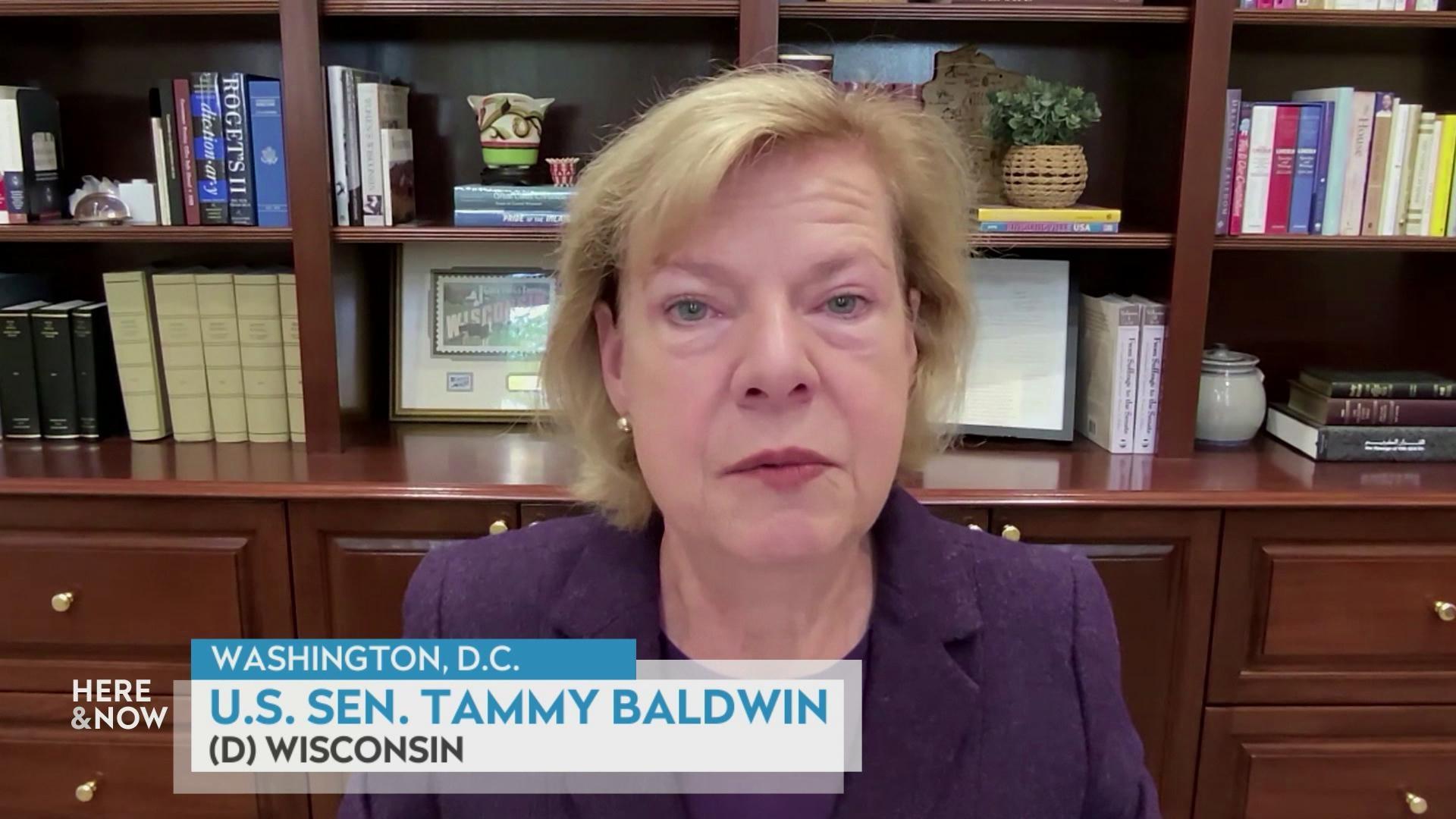
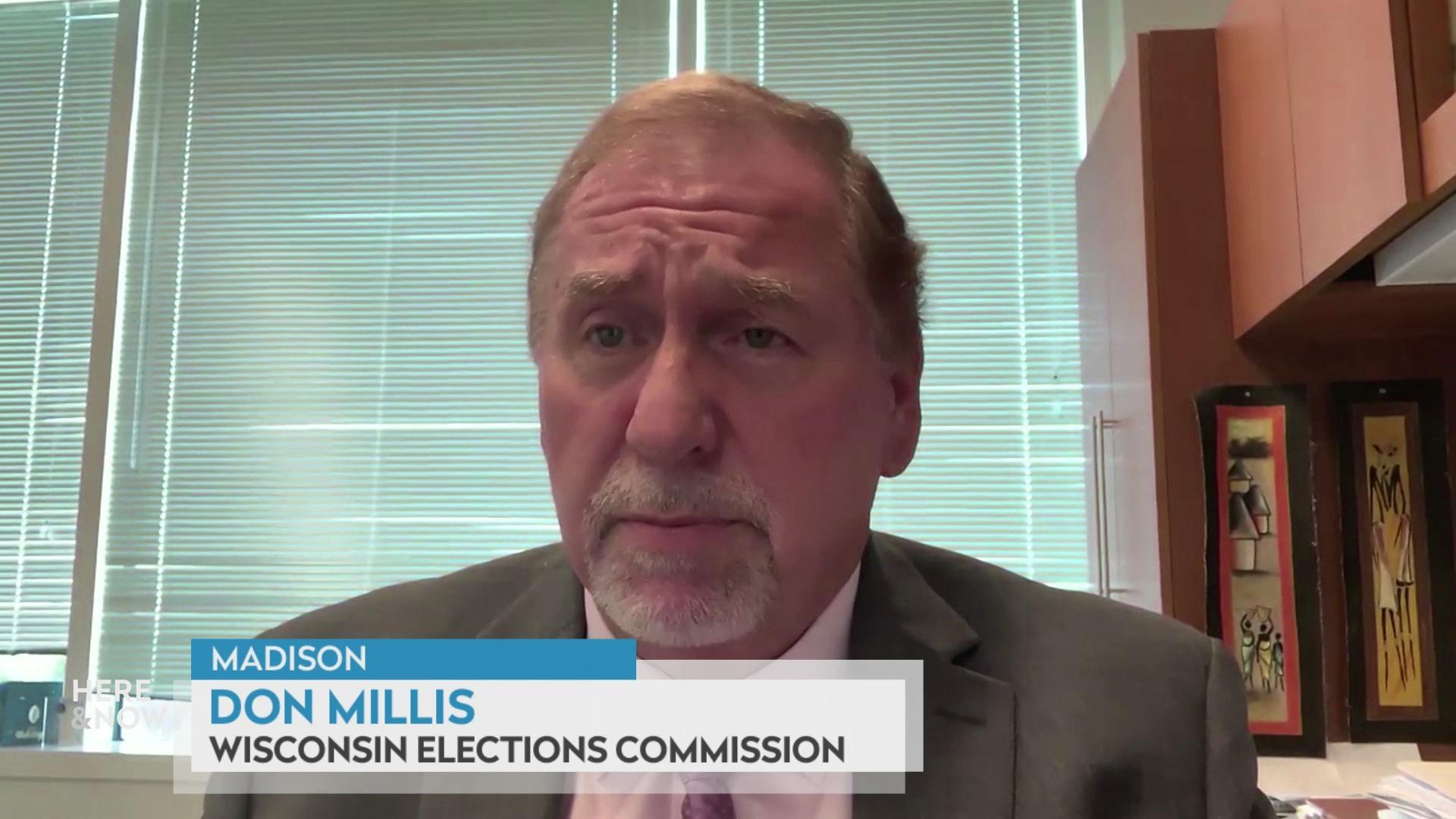
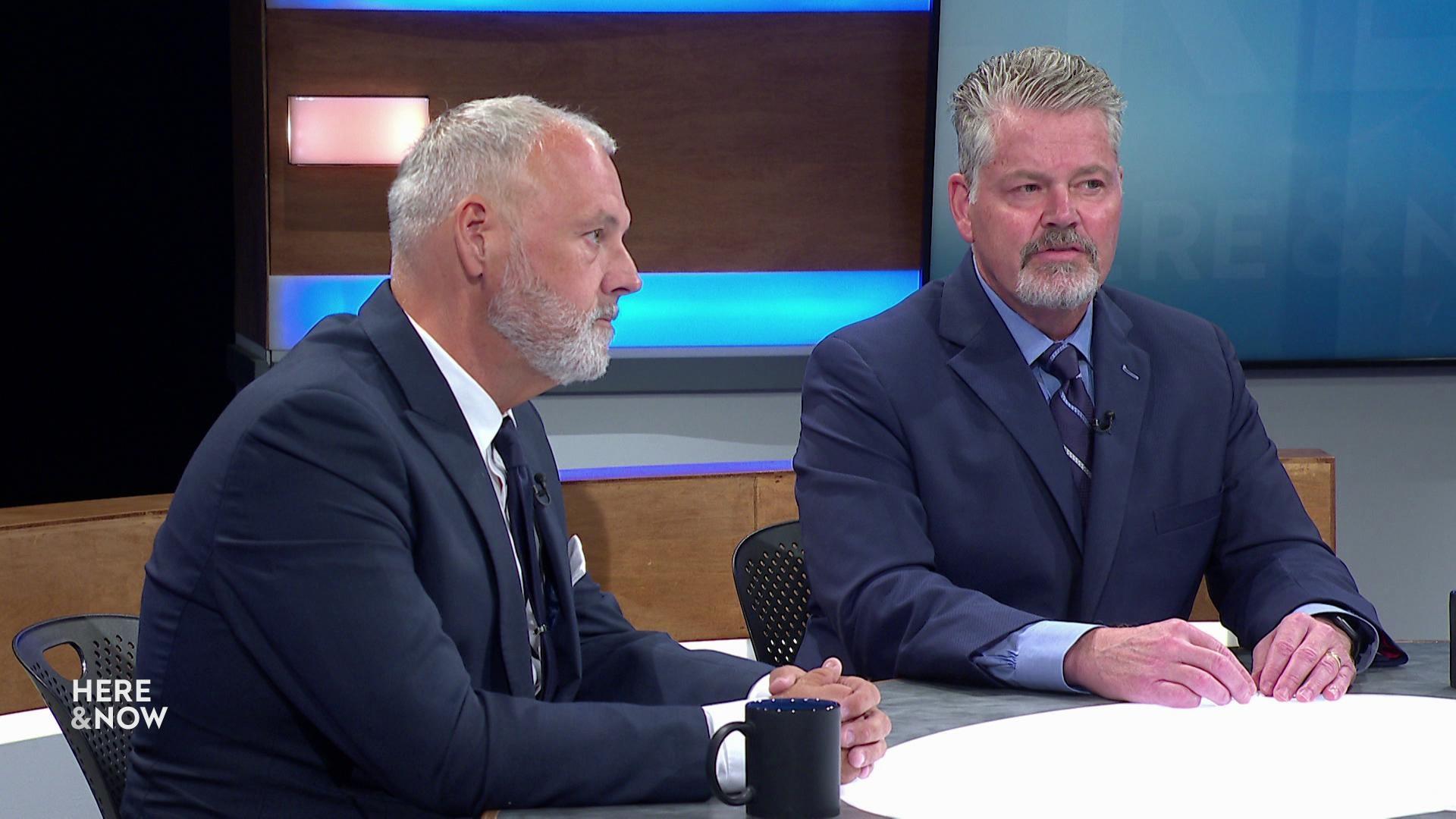
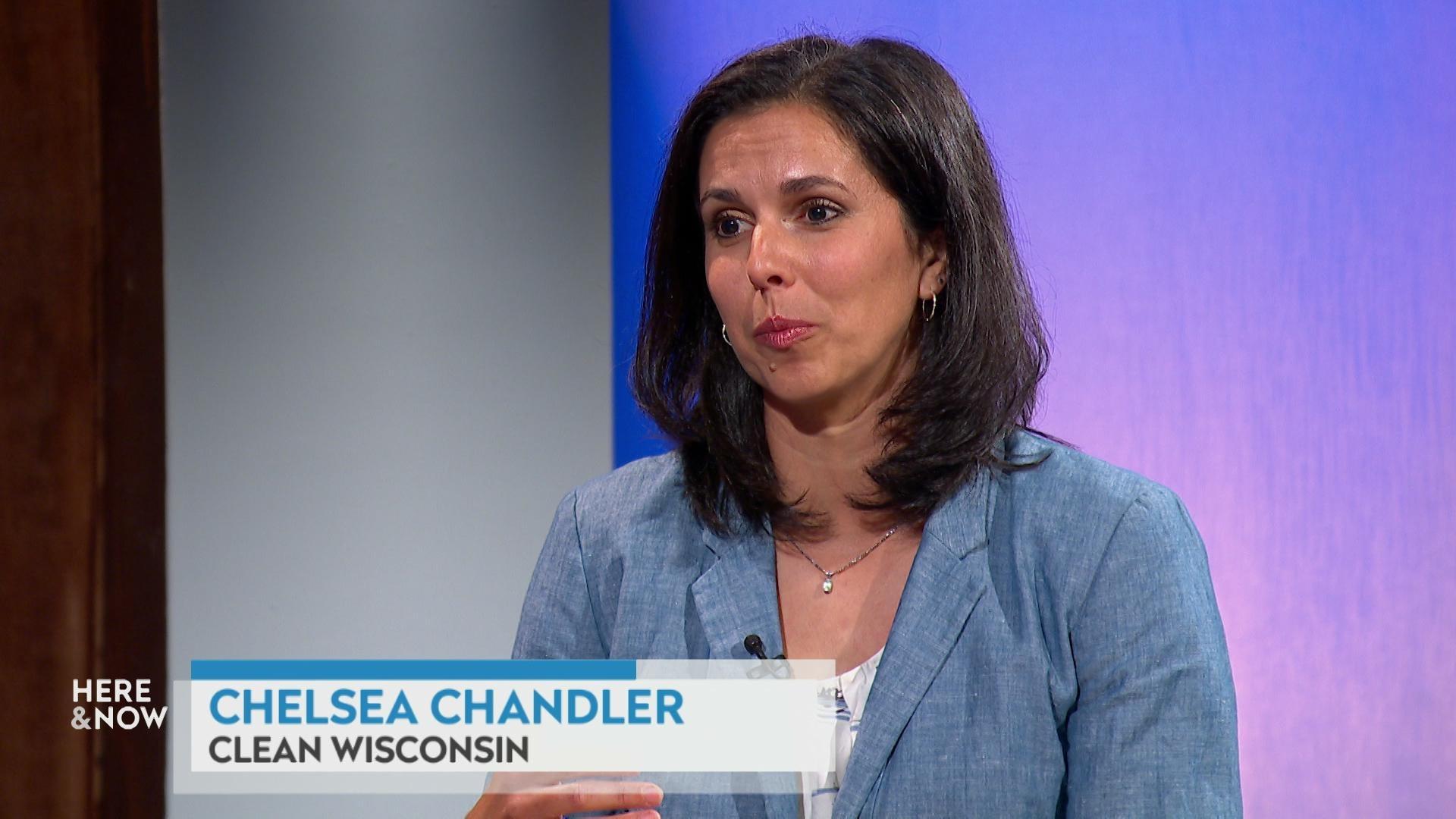

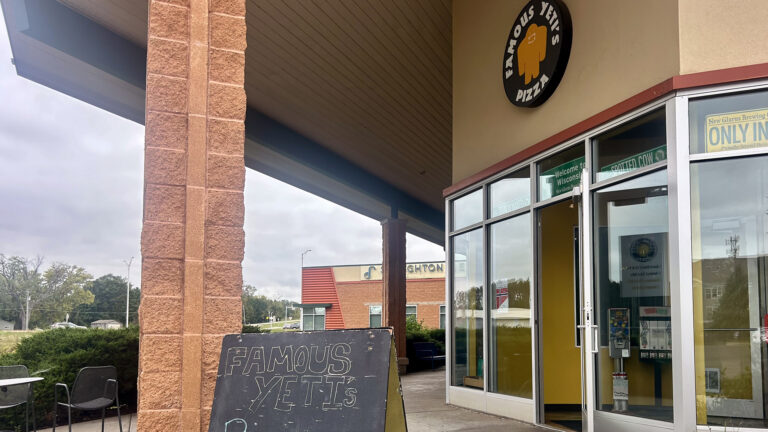
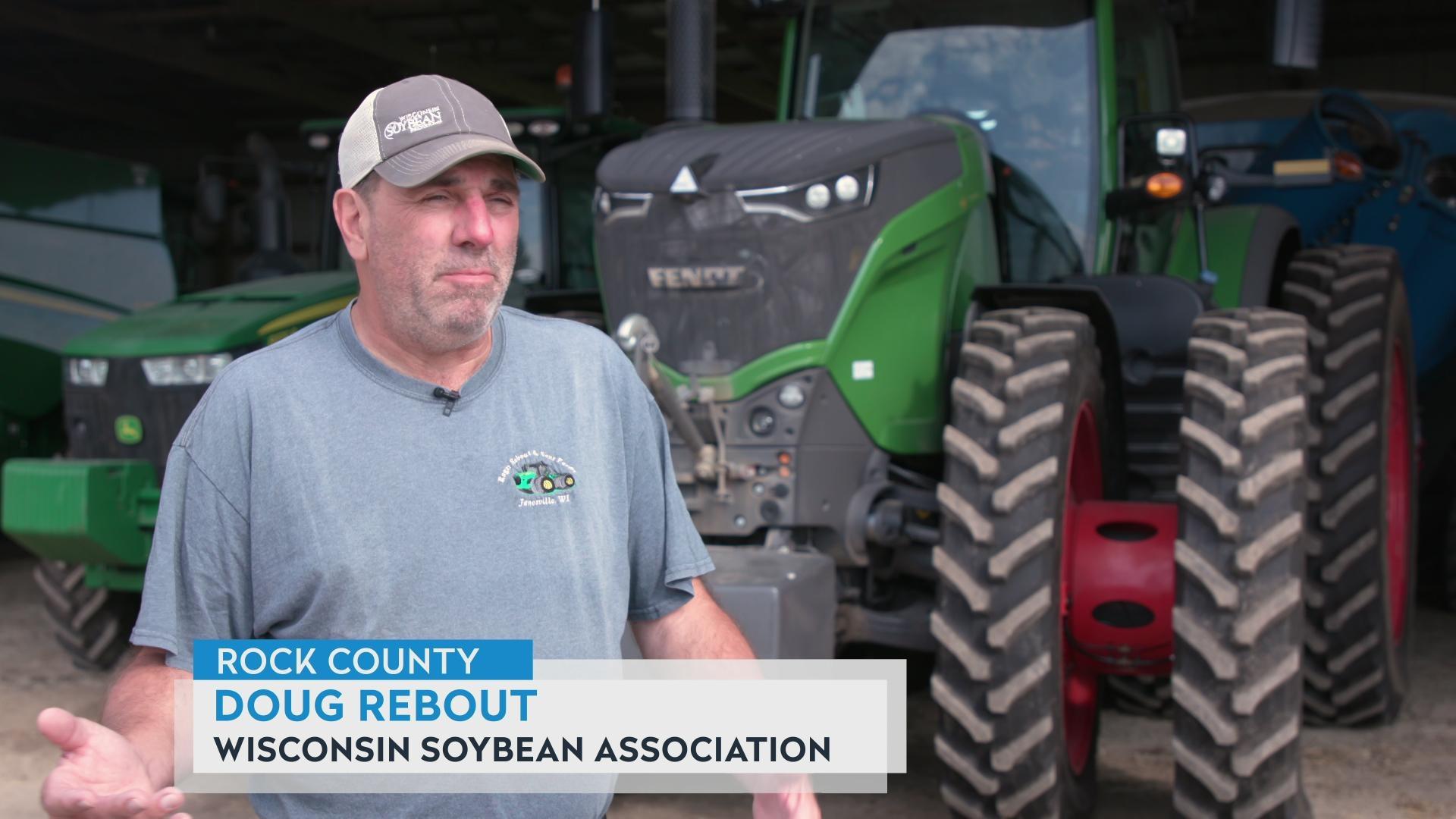
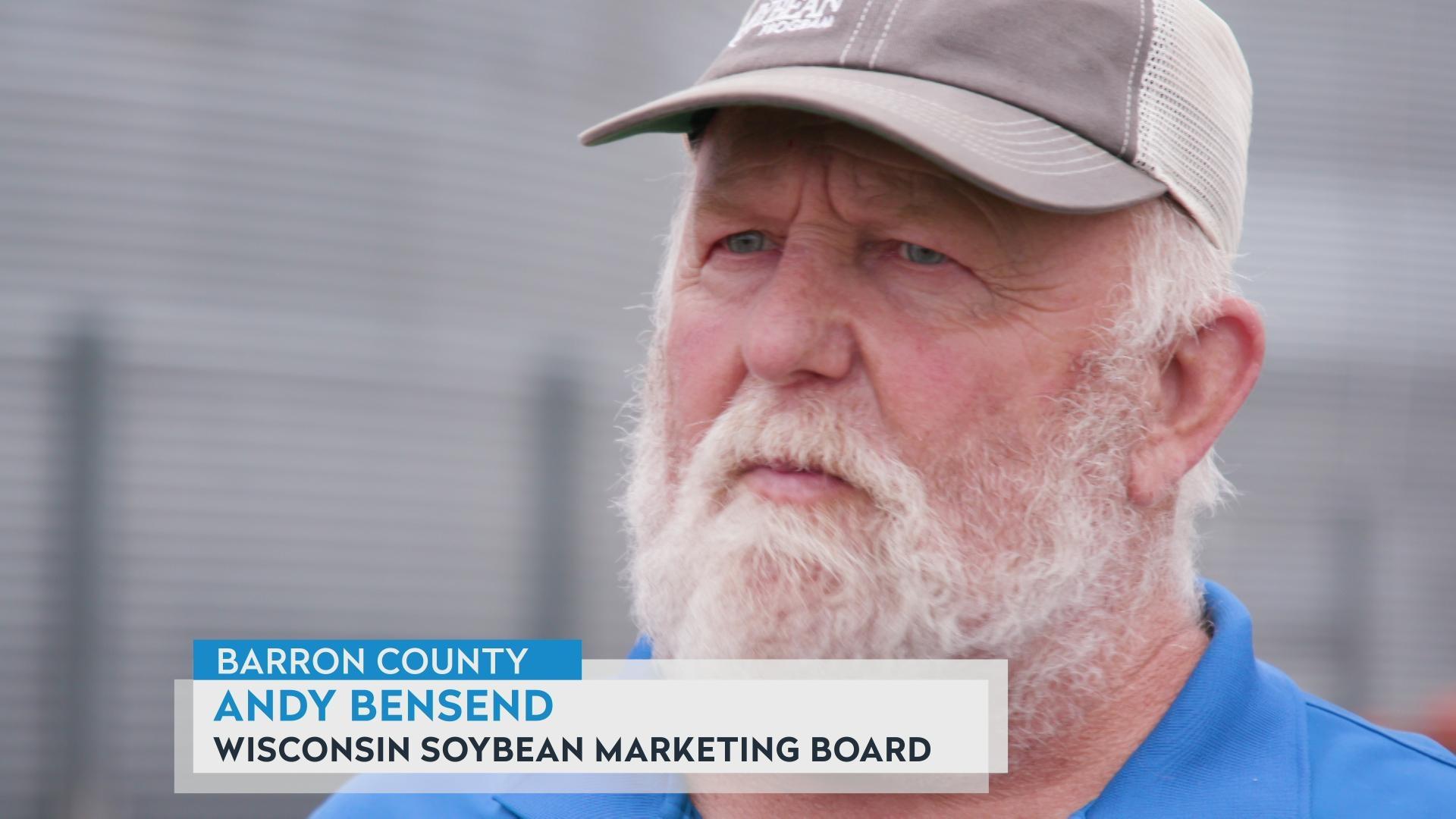


Follow Us